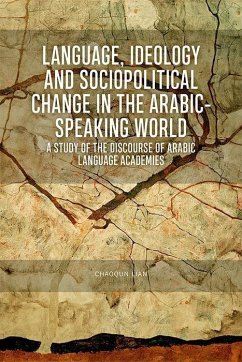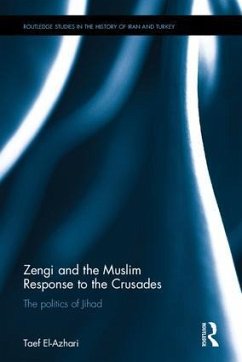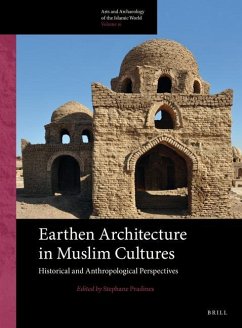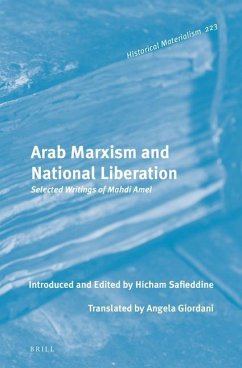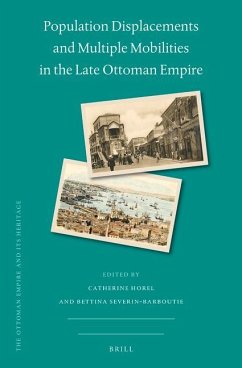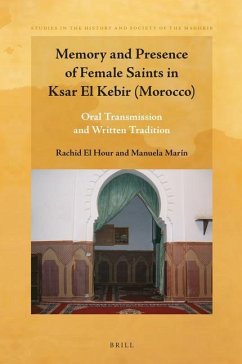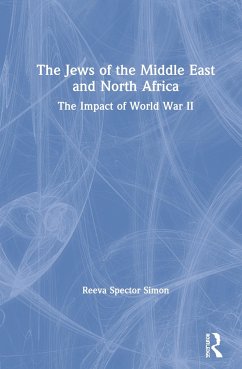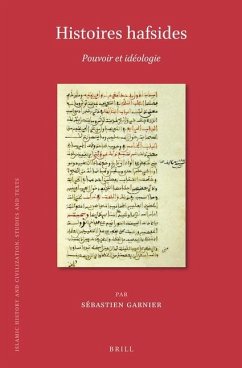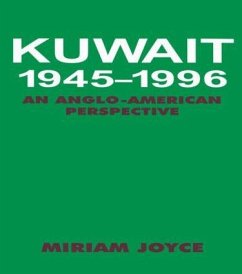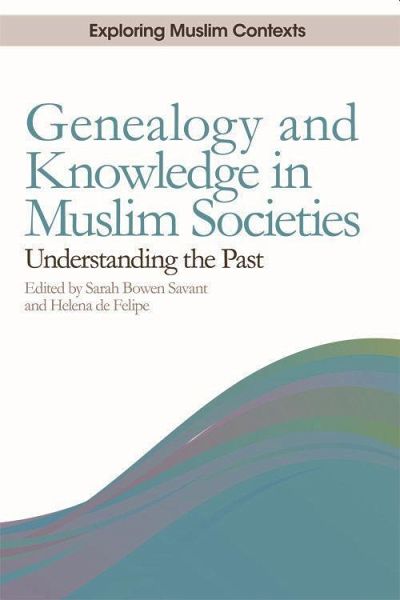
Genealogy and Knowledge in Muslim Societies
Understanding the Past
Herausgeber: Bowen Savant, Sarah; De Felipe, Helena

PAYBACK Punkte
61 °P sammeln!
Established in London in 2002, the Aga Khan University, Institute for the Study of Muslim Civilisations aims to strengthen research and teaching about the heritages of Muslim societies as they have evolved over time, and to examine the challenges these societies face in today's globalised world. It also seeks to create opportunities for interaction among academics, traditionally trained scholars, innovative thinkers and leaders, in an effort to promote dialogue and build bridges. Exploring Muslim Contexts Series Editor: Farouk Topin This series seeks to address salient and urgent issues faced ...
Established in London in 2002, the Aga Khan University, Institute for the Study of Muslim Civilisations aims to strengthen research and teaching about the heritages of Muslim societies as they have evolved over time, and to examine the challenges these societies face in today's globalised world. It also seeks to create opportunities for interaction among academics, traditionally trained scholars, innovative thinkers and leaders, in an effort to promote dialogue and build bridges. Exploring Muslim Contexts Series Editor: Farouk Topin This series seeks to address salient and urgent issues faced by Muslim societies as they evolve in a rapidly globalising world. It brings together the scholarship of leading specialists from various academic fields, representing a wide range of theoretical and practical perspectives. Genealogy is one of the most important and authoritative organising principles of Muslim societies. From the Prophet's day to the present, ideas about kinship and descent have shaped tribal, ethnic, sectarian and other identities. An understanding of genealogy is therefore vital to our understanding of Muslim societies, particularly with regard to the generation, preservation and manipulation of genealogical knowledge. This book addresses the subject through a range of case studies that link genealogical knowledge to the particular circumstances in which it was created, circulated and promoted. They stress the malleability of kinship and memory, and the interests this malleability has served. Key Features - Draws on a vast reservoir of primary sources from across the Middle East, the Maghreb and Sub-Saharan Africa, ranging from works of the classical Arabic heritage to oral testimonies gained from fieldwork - Asks stimulating questions about how genealogical knowledge has been generated, how it has empowered political and religious elites, and how it has shaped understandings about the past - including those of modern scholars - Explores the authenticity, legitimacy and institutionalisation of genealogical knowledge; the bases for sectarian, tribal, ethnic and other identities; and hierarchy and grounds for prestige and infamy - Provides an important window onto a set of ways in which Muslims have articulated their relationship to the past Sarah Bowen Savant is Associate Professor at the Aga Khan University, Institute for the Study of Muslim Civilisations in London. Her publications include The New Muslims of Post-Conquest Iran: Tradition, Memory, and Conversion (2013). Helena de Felipe is Lecturer at the Universidad de Alcalá (Arabic and Islamic Studies). Her publications include Identidad y onomástica de los bereberes de al-Andalus (1997) and, co-edited with F. Rodríguez Mediano, El Protectorado español en Marruecos: Gestión colonial e identidades (2002). Cover design: www.richardbudddesign.co.uk [EUP logo] www.euppublishing.com




